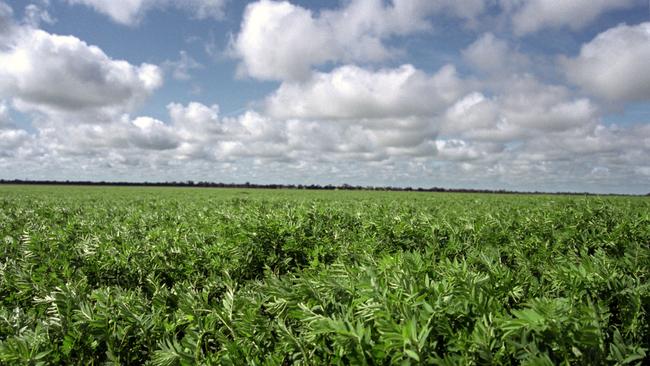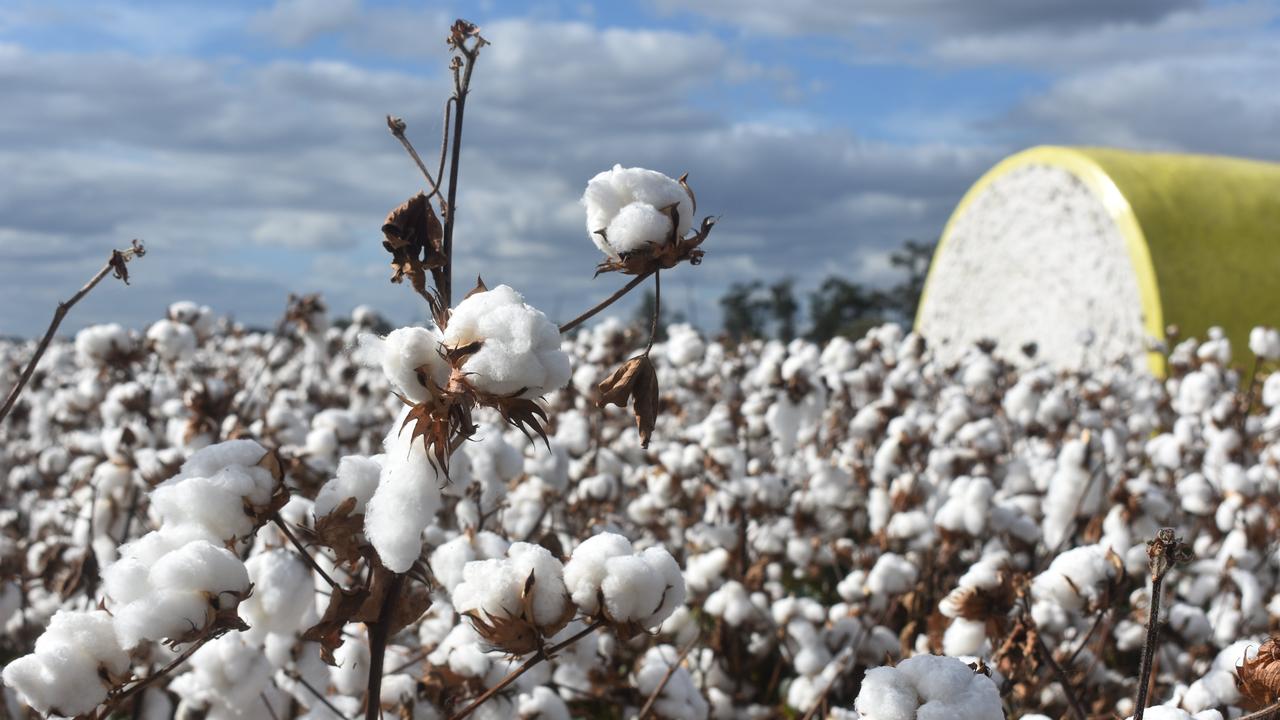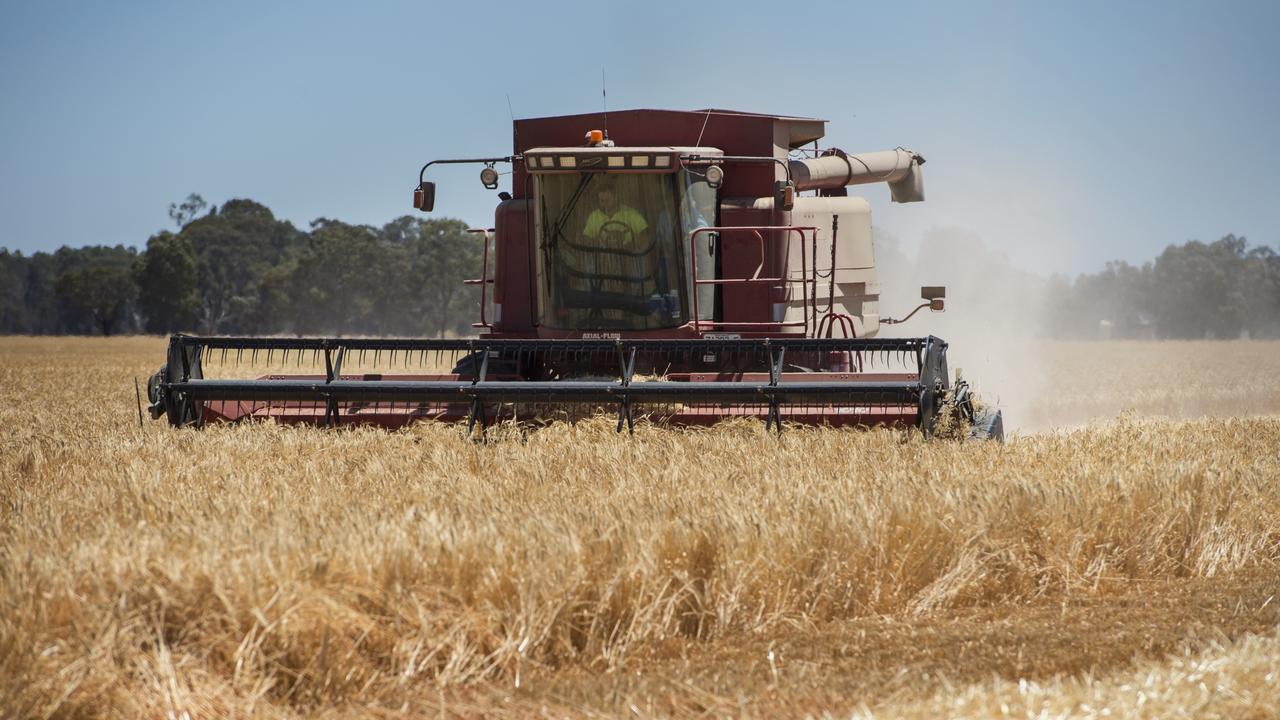Coronavirus disrupts global pulse trade
The coronavirus pandemic’s impact on container availability, slots and vessel supply will be something for the pulse industry to watch in coming months.

THE coronavirus pandemic has put pressure on the global pulse industry, holding up container trade and vessel supply.
The finding comes after an online Global Pulse Confederation question and answer webinar, held last week, discussed the impacts of the virus on the industry.
Webinar moderator and Pulse Australia board member Peter Wilson said container trade and vessel supply services had been “laid up”.
“Pulses traded around the world rely on 20-foot containers,” Mr Wilson said.
“Twenty-foot containers and 40-foot containers are different to bulk shipping, which can go anywhere, any time.
“Slower retail trade has reduced inbound equipment.
“Liquidity around container trade is a concern.”
The pandemic also meant shipping lines were dropping stopping at key ports such as Adelaide.
“Some are just deciding to go to Sydney and Melbourne,” Mr Wilson said.
“As they are not going to all lines, this reduces supply equipment and slots.”
He said accessing slots and equipment was crucial to efficient trade.
“If you can’t do either of those, you can’t move,” Mr Wilson said.
“Container availability, slots and supply is going to be something to watch over the next four or five months.”
Mr Wilson said Australia’s supply chain had not yet been severely affected.
“Australia hasn’t seen major ramifications in the supply chain as it has a small crop and not a huge demand to move it,” he said.
“We haven’t seen anything yet, but it could be a massive problem at harvest.”
However, Mr Wilson said the market was adaptable and it would be able to progress with electronic commerce.
“The industry is moving to a digital platform and we could see digitalisation staying permanently,” he said.
Distancing in the supply chain was also occurring, with fewer people in bagging lines.
“Bag lines are reduced because of people having to be a certain distance apart,” Mr Wilson said.
“So there is a drop-off in that level of production.”
Protectionism, a feature of trade in 2013 according to Mr Wilson, could pose another problem.
“India increased measures and they are not walking back from protectionist measures,” he said.
“Australian farmers looking to plant winter crops this season are second-guessing planting desi chick peas, as there are concerns around India’s policy.”


